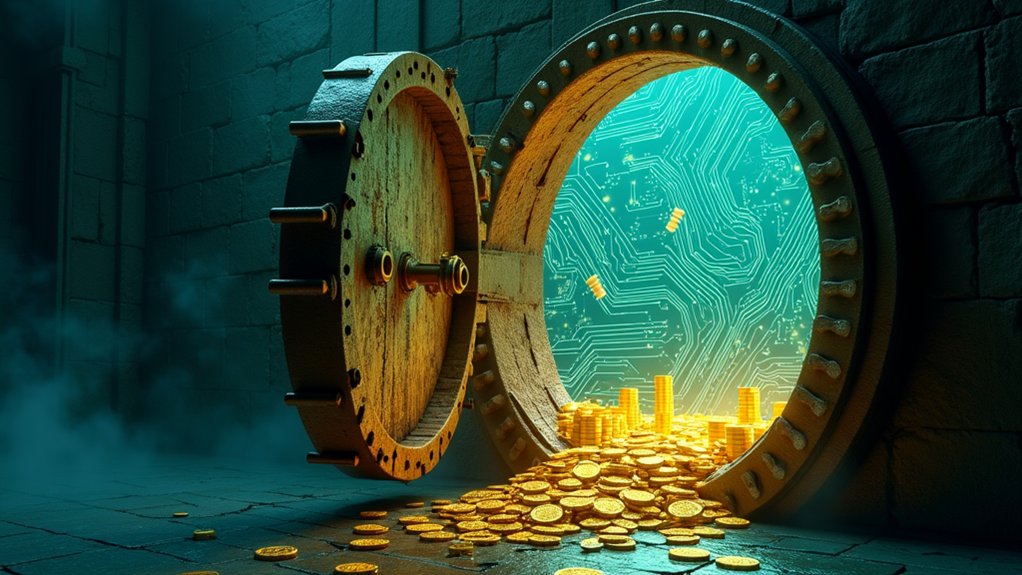The bold idea of a state-backed Bitcoin reserve in North Carolina has sparked a curious buzz, like the hum of a server farm on a quiet country night. Picture the old brick courthouses of Raleigh, steeped in dusty tradition, now echoing with talk of digital gold. It’s a clash of eras—suits and ties meeting blockchain and bytes. Could this state, known for sweet tea and tobacco fields, really plunge into the wild, pixelated frontier of cryptocurrency?
North Carolina’s House Bill 721 isn’t just idle chatter. It proposes a serious study into holding Bitcoin as a reserve asset, a hedge against inflation‘s slow grind. Imagine state treasurers, usually buried in bonds and budgets, squinting at crypto charts over morning coffee. The irony isn’t lost on anyone—folks who once distrusted online banking now pondering a digital vault. Yet, there’s a spark of logic here. With Bitcoin’s value soaring and dipping like a roller coaster at the state fair, some see a chance to diversify.
North Carolina’s House Bill 721 sparks intrigue, proposing Bitcoin as a reserve asset. Could state treasurers trade bonds for blockchain? The irony bites.
Skeptics, though, smell trouble. They warn of volatility, of markets crashing faster than a Carolina thunderstorm. Regulatory hurdles loom like dark clouds too—how does a state even secure a crypto stash? Still, supporters argue it’s a bold step, a way to future-proof dusty coffers against economic tremors. The debate hums louder than cicadas in July, splitting opinions down Main Street.
Picture the potential: a state reserve glinting not with gold bars, but with invisible code, guarded by firewalls instead of vaults. It’s a gamble, no doubt. Yet, as North Carolina weighs this digital leap, the air crackles with possibility—or is that just static from an overworked laptop? Time will tell if this crypto dream pays off. The state must also consider that multiple regulatory bodies would oversee such an unprecedented cryptocurrency investment, from the SEC to the CFTC.









